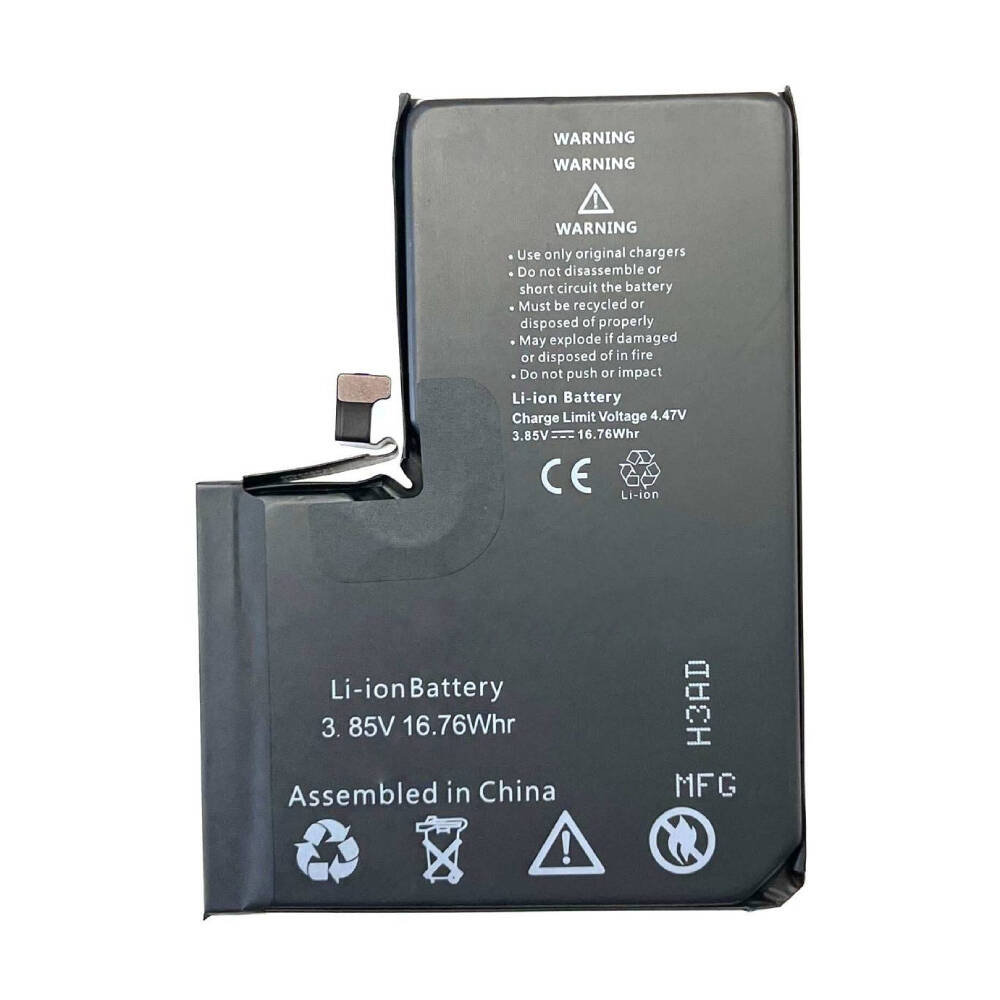Losing weight can be a challenging journey, but advancements in modern medicine have made it easier for individuals to achieve their goals. One of the most effective treatments available today is semaglutide, a medication that supports weight loss by regulating appetite and blood sugar levels. With the convenience of online healthcare services, obtaining a prescription for semaglutide has never been simpler. Many individuals now turn to digital platforms for safe and reliable access to this medication without the need for frequent in-person doctor visits. The process of obtaining a semaglutide prescription online is straightforward and designed for ease of use. Patients typically begin by filling out a medical questionnaire that evaluates their health history, weight management goals, and any potential contraindications. A licensed healthcare professional then reviews the information to determine whether the medication is a suitable option. This ensures that patients receive personalized care while maintaining safety standards.

The entire process can be completed from the comfort of home, making it an attractive option for those with busy schedules. Once approved, patients receive guidance on how to use the medication correctly. Semaglutide is typically administered as a once-weekly injection, which makes it more convenient compared to daily weight loss treatments. Healthcare providers offer detailed instructions on dosage, injection techniques, and potential side effects to ensure a smooth experience. Some services also provide ongoing medical support, allowing patients to ask questions or adjust their treatment plan as needed. This level of accessibility helps individuals stay on track with their weight loss journey. Safety is a top priority when obtaining prescriptions online, and reputable providers take necessary precautions to protect patients. The prescription process is overseen by licensed medical professionals who follow established guidelines to ensure that the medication is appropriate for each individual.
Patients are also educated about potential side effects and how to manage them effectively. With secure and regulated platforms, individuals can confidently access their prescriptions without compromising their health or privacy. The effectiveness of Semaglutide online for weight loss has been well-documented in clinical studies. It works by mimicking a natural hormone that regulates appetite, helping individuals feel fuller for longer periods. This leads to reduced calorie intake, which supports gradual and sustainable weight loss. Many patients report significant improvements in their overall health, including better blood sugar control, increased energy levels, and enhanced well-being. By using this medication as part of a comprehensive weight loss plan, individuals can achieve long-term success. One of the biggest advantages of obtaining semaglutide online is the added convenience it provides. Traditional doctor visits can be time-consuming and may require long waiting periods.







